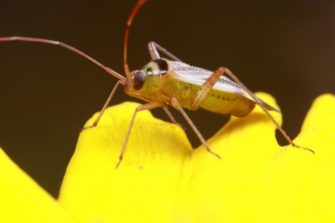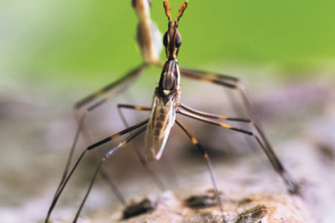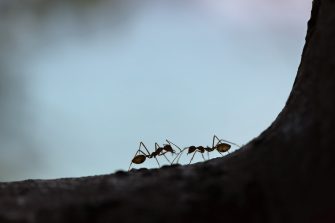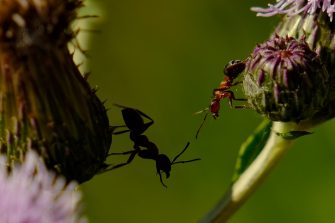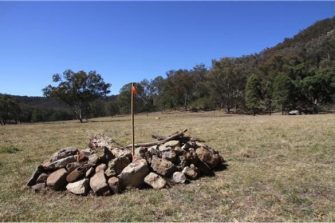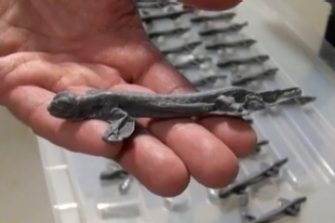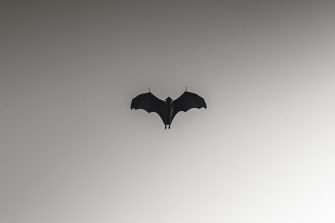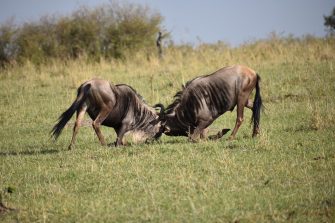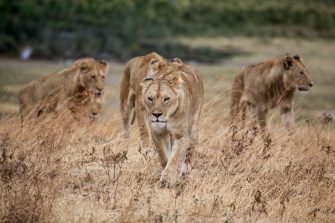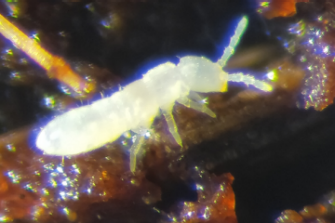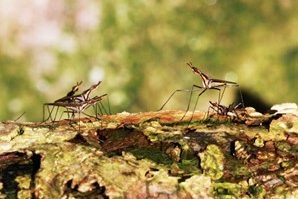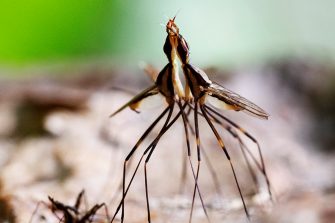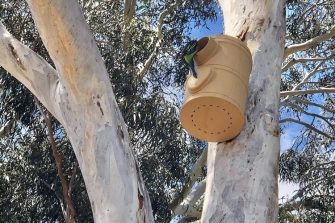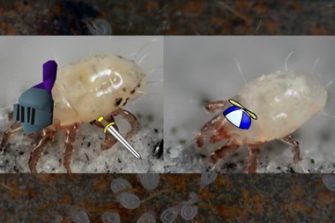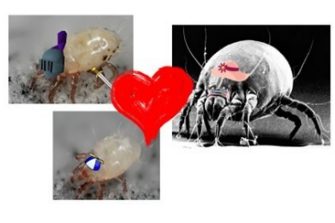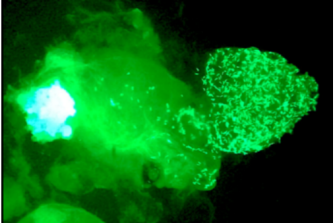- UNSW
- ...
- Our schools
- Biological, Earth & Environmental Sciences
- Student life & resources
- Honours
- Honours projects
- Animal ecology & evolution
Science
Biological, Earth & Environmental Sciences
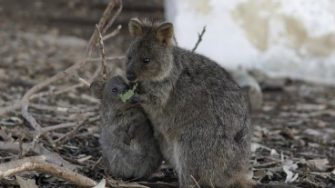
Animal ecology and evolution looks at the ecological causes and evolutionary consequences of changes within species. It can be broadly defined as the relationship and interactions between animals and their environment.
At UNSW, our researchers observe changes in animal behaviour, morphology, diet, reproduction, natural selection and life-history. View our current projects and connect with an honours project supervisor to learn how you can get involved.

